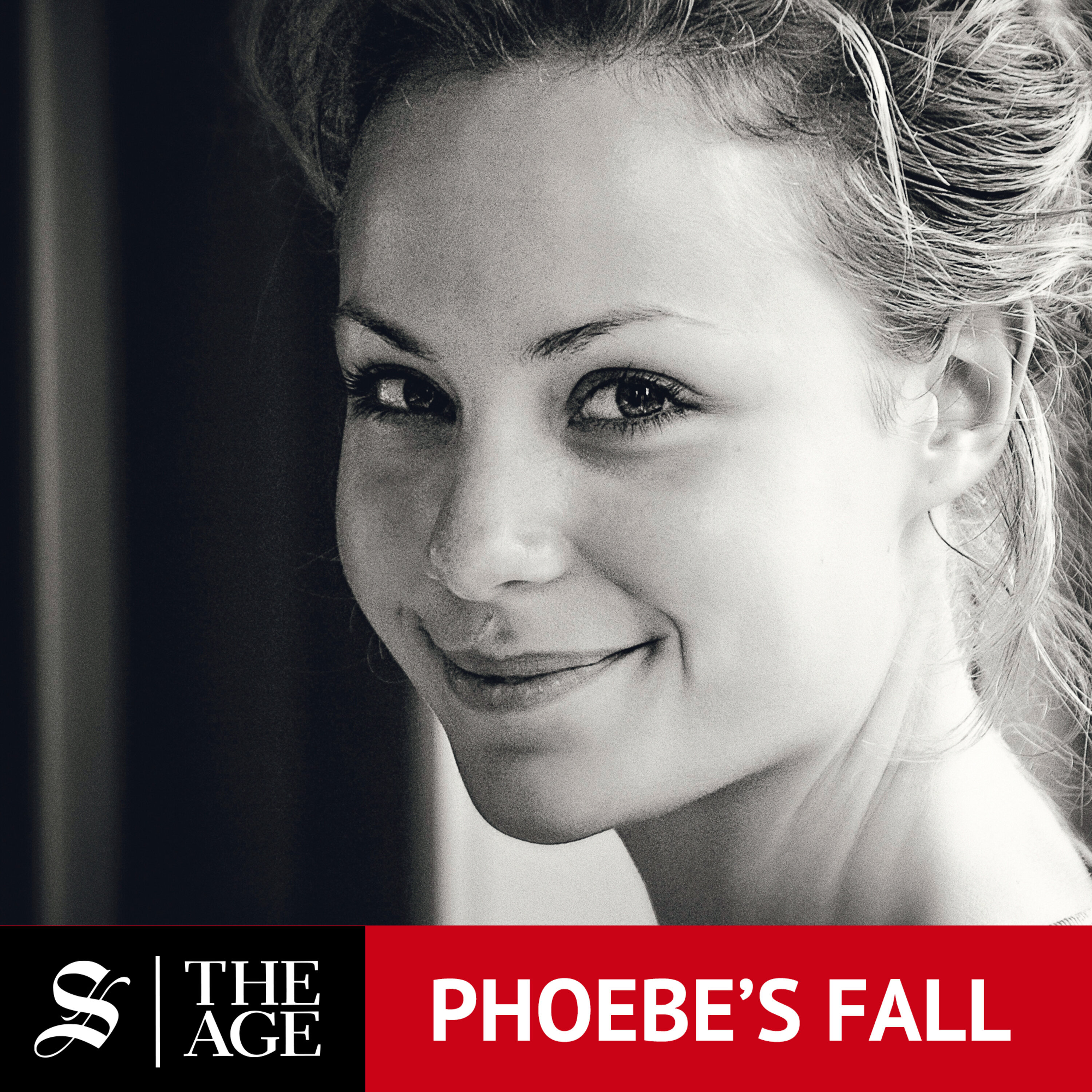Lacks some of the best aspects of Serial
☆
☆
☆
☆
☆
“This is a totally fascinating case and it's great that The Age is giving it detailed attention. But I think the podcast also reveals what made Serial so good: (a) The Serial folks aren't crime reporters, and didn't approach their material through the usual newspaper crime story tropes of beautiful victims and grieving families - instead, they focused on the complexity and difficulty of facts, and the sometimes impenetrability of different cultures, and indeed of most relationships. They were concerned about whether justice was done, but were skeptical of all sides. But Phoebe's Fall is pretty much the perspective of the victim's mourning family, complete with family squabbles and focuses on minutiae of one-off events AFTER the death. (b) There was also an air of annoyance at the coroner and the Hampels for not cooperating with the podcast, an unfortunate stance of most crime reporters, but not of the Serial folks. (c) Most importantly, the Serial (and TV documentaries like Making a Murderer and The Staircase) was dealing with evidence that was mostly, or wholly, available to the public, and where people who weren't involved in the podcast were very free and able to speak; this isn't the Age journalists' fault, but Victorian justice is far less open, and the Hampels, at least, are impeded by their judicial roles from engaging robustly in the debate. The upshot is that listeners to the podcast are ENTIRELY dependent on The Age journos for providing a fair interpertation of the evidence that only they have access to, such as the coronial transcript and the witness statements. I think this ability to second-guest the journos (on Reddit or whatever) was a key ingredient of the success of Serial et al. (d) One thing that is the Age journos' fault is that they were inconsistent in the use of their evidence - for example, the second episode, which was all about Phoebe's and Ant's relationship, didn't include any responses from Ant Hampel et al to those claims, even though they were surely addressed in the coroners' hearing. (e) I write this listening to Episode 5 - and obviously not having heard Episode 6 - but I'm unimpressed with the journos willingness to see so much significance in so-called odd grief behaviour. I realise that they expressed some caution, but I think this was not enough - this sort of evidence is worse than useless, and has led to countless wrongful convictions. It seems to be another aspect of the skew in the podcast brought on by the cooperation of the victim's family, but not the Hampels.”Read full review »
Jeremy Gans via Apple Podcasts ·
Australia ·
10/21/16
More reviews of Phoebe's Fall
☆
☆
☆
☆
☆
“This podcast was perfect. The story was easy to follow while still very thorough. I hope there is another season about another case”
Luvmy2doxies via Apple Podcasts ·
United States of America ·
12/02/16
☆
☆
☆
☆
☆
“Although the story is desperately sad and the mystery around the incident is intriguing, the production of this podcast makes it almost impossible to listen to. The multiple voices in the narrative, jumbled structure and random facts/pieces of evidence that are interjected in to the narrative are...”Read full review »
Laurencroatia via Apple Podcasts ·
Great Britain ·
08/05/17
☆
☆
☆
☆
☆
“Well-told and respectful to the victim.”
jewellerybox via Apple Podcasts ·
United States of America ·
07/13/17
Do you host a podcast?
Track your ranks and reviews from Spotify, Apple Podcasts and more.


